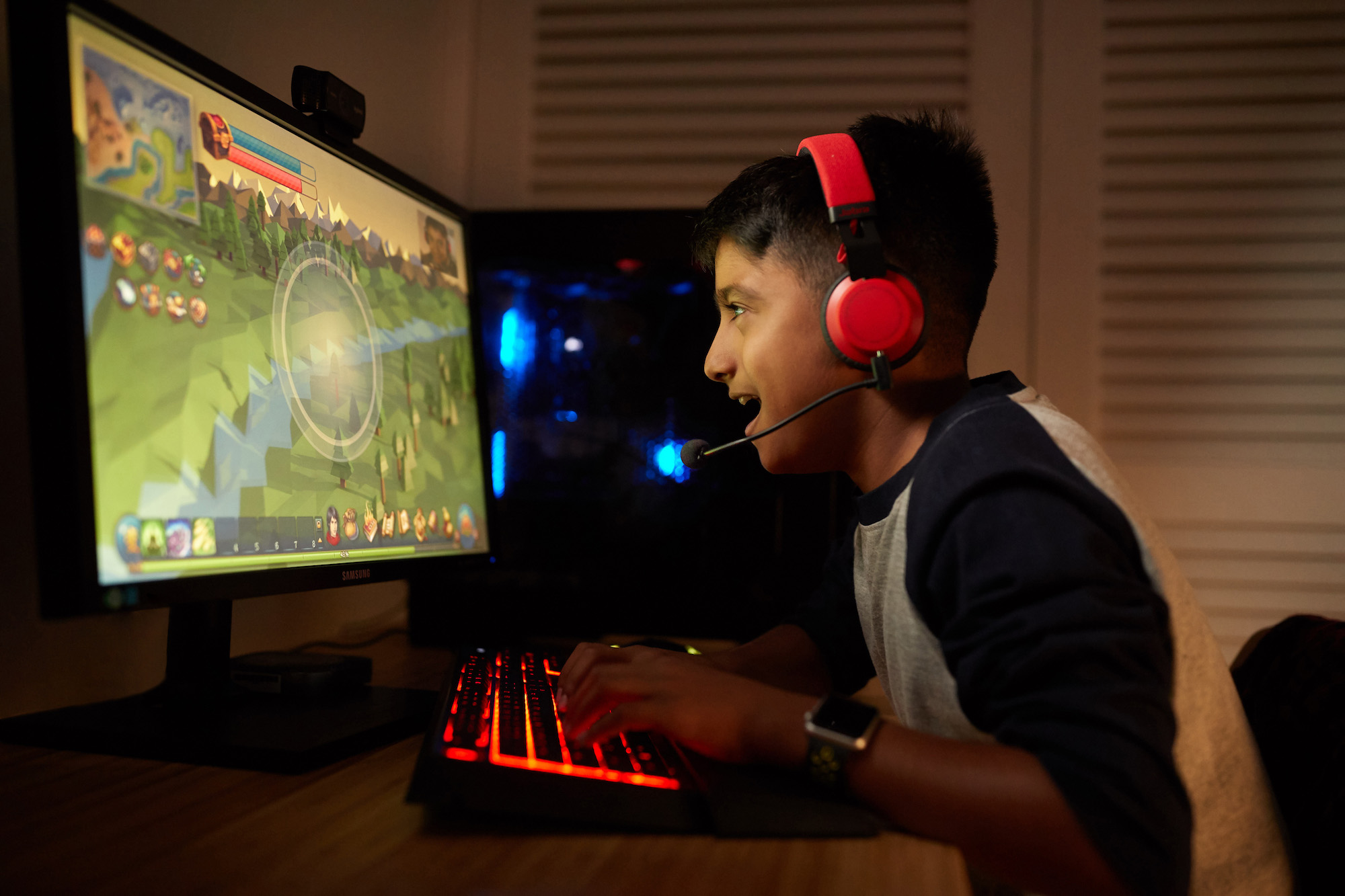Over the past two decades, we’ve seen a huge rise in the popularity of online gaming among both children and adults. One particular game that has experienced huge success is “Grand Theft Auto,” or GTA, which has been developed and produced by Rockstar Games. The most recent edition of the game, “Grand Theft Auto V,” hit $6 billion in sales as of April 2018, creating a record-breaking impact in the gaming industry. However, the game’s massive success doesn’t mean it’s immune to cyberattacks. A recent vulnerability in “Grand Theft Auto V” allowed malicious trolls to take over users’ games who were entering into single-player mode. By leveraging the flaw, these hackers were not only able to kick gamers off of their single-player session but could also continually kill their avatar.
So how exactly did these trolls carry out these attacks? Beginning last week, reports began to circulate that one popular ‘mod menu,’ or a series of alterations sought out and installed by players, was all the sudden advertising the ability to discover an online player’s Rockstar ID – a problem potentially originating from a bug found in the game’s most recent update. Taking advantage of this opportunity, hackers gained access to users’ Rockstar IDs and took control of their single-player games. Soon enough, legitimate players’ games were hijacked and sabotaged.
It is unclear as to whether this vulnerability came out of Rockstar’s most recent update or if this hack has been around for years and just now found its way to public PC mod menus. Either way, it sheds light on how persistent cyberthreats are in the world of online gaming – even impacting some of the most popular video games out there, such as “Grand Theft Auto V.”
Tips to Protect Yourself From Hackers and Vulnerabilities
Fortunately, reports are already circulating the bug was quietly patched over the weekend (despite confirmation from the game’s developer) – so to protect against the hack, all users should update their game as soon as possible. However, that doesn’t mean there still aren’t some steps these gamers can take to protect themselves from future hacks and vulnerabilities. Check out the following tips:
- Limit the personal info on your online profile. Gamers are required to create a user profile in order to access the appropriate console/computer network. When creating your profile, avoid displaying your personal information that could potentially be used against you by hackers, such as your name, address, date of birth, and email address.
- Create a unique and complex password for your online profile. The more complex the password, the more difficult it will be for a hacker to access your personal information. And, of course, make sure you don’t share your password with other users.
- Be careful who you chat with. Online games will usually have a built-in messenger service that allows players to contact each other. It’s important to be aware of the risks associated with chatting to strangers. If you choose to use the chat feature in your online game, never give out your account details and avoid opening messages with attached files or links.
And, of course, to stay on top of the latest consumer and mobile security threats, be sure to follow me and @McAfee_Home on Twitter, listen to our podcast Hackable? and ‘Like’ us on Facebook.














